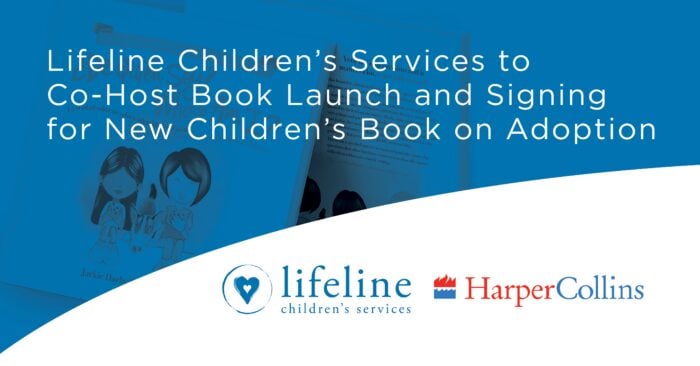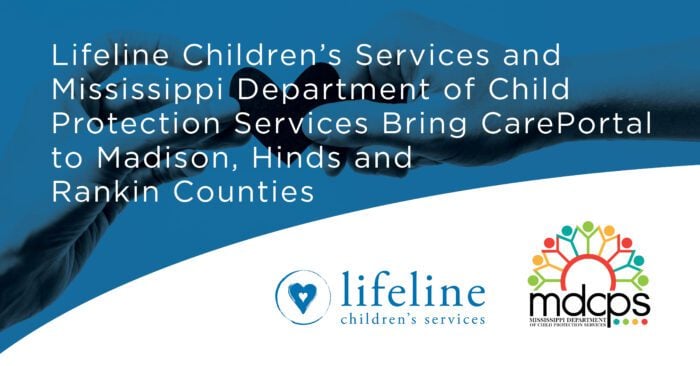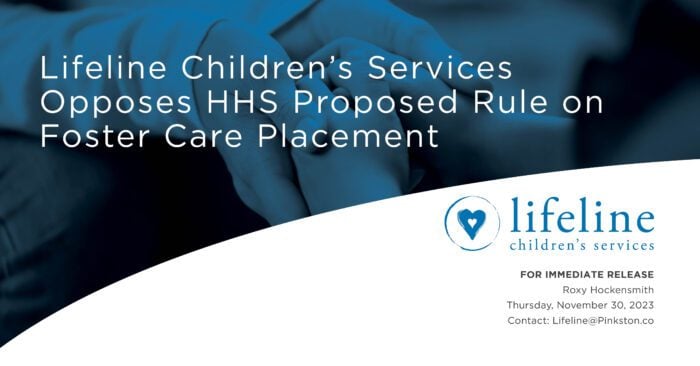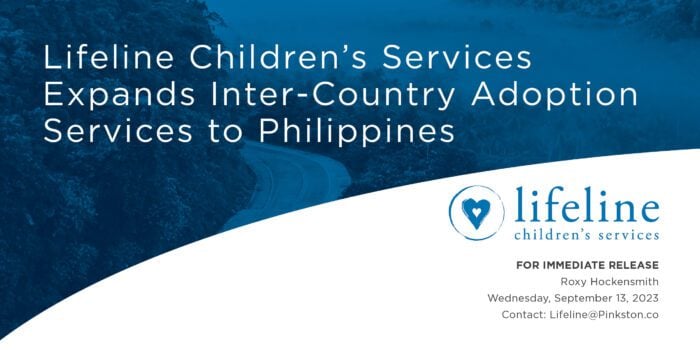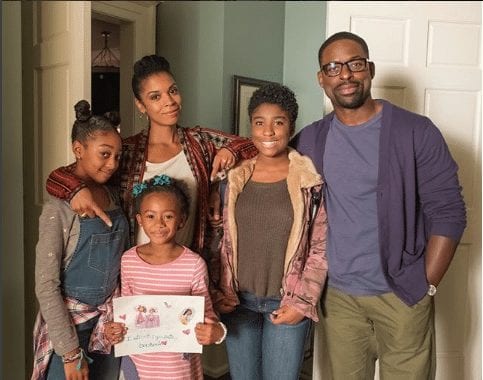Written by Tracy Hacker
Tracy and her husband, Greg, were foster parents in Alabama for over ten years. They opened their home to over seventy children in care throughout that time. They are now a family of eight and continue to minister to foster families through mentoring and co-leading biblically based training classes with Lifeline Children’s Services.
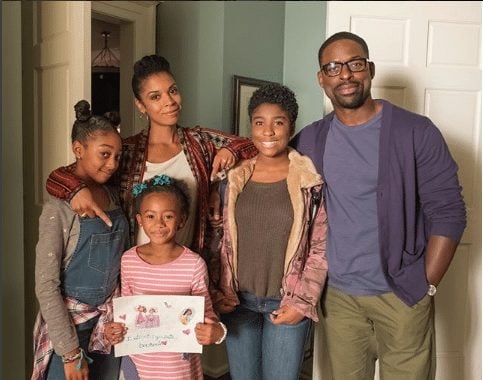

So… This Is Us.
I am one of the thousands viewers that have been glued to my TV screen every Tuesday night ready to see what the latest insights are into the Pearson family. I have so enjoyed watching the everyday details of their lives unfold and how these events have molded them into the broken yet incredible adults they are in the present. Watching the “big three” grow and process through events of their pasts has captured so many because it is such an incredible mirror of real life.
The introduction of foster care into the story line has been powerful to watch. The writers have obviously done their research on the process, as well as getting insight on a lot of the feelings foster parents work through. I have found myself during several episodes holding a dishtowel to catch the tears because the tissue was just not enough! Watching Beth and Randall go through the process of becoming foster parents and preparing their girls for the addition of a child into their home certainly brought back memories for me thinking back on our own training and the preparation of our home. In my opinion, their journey to find their “new normal”, full of emotional highs and lows, has been spot on. Seeing Randall eager and ready to love this young girl while is Beth hesitant to share her whole heart is likely a familiar place for a lot of couples that are entering into the ministry of foster care.
The addition of Deja into the Pearson home has been an incredible depiction of what foster care looks like in real time. The writers have captured the journey of this young girl as she wrestles between extreme love and loyalty towards her mom mingled with the guilt she begins to feel as her heart opens to her foster family—often times with a physical change in her countenance. I have witnessed that very same look from a child in my home… When their head says “this place is safe and they love me” but their heart says “I still love my mom.” The child is caught between these two realities and I can only imagine that it is a terrifying and confusing place to be.
Deja’s reentry into the Pearsons’ home towards the end of this season brought out the dish towel yet again. This time, Beth and Randall had to open their door a bit wider and invite Deja’s mom in as well. I absolutely loved the camera shots of Deja’s mom watching her play board games and laugh with the Pearson girls and then ask if she could go sleep in her old room. This was such a message to viewers that Deja knew where her “safe place” was. She already knew to some extent that there was hope and safety in that home, for her and her mom. I loved watching Beth and Deja’s mom talk over their past as Beth was preparing a place for her to sleep.
I think this tension is a struggle that a lot of foster parents face and something that many people don’t necessarily think about when they consider foster care. When you invite a child into your home you agree to help them heal from the trauma they have experienced by loving, nurturing, protecting, and teaching them. And the reality is… it can be REALLY hard to show grace and love to the parents that have likely caused much of that trauma. The children that come into foster homes also come with parents and extended family that are walking through this foster care journey from another angle. You have to learn the balance of involving them in your foster care journey and (at the very least) respecting them, no matter their actions. This, for us as believers, is what grace looks like lived out.
So much of Beth and Randall’s story could be a very real reality for many of you in the same way that it has hit close to home for me. I know over the past several years we have been asked so many times “How do you let them go?” Another popular statement is, “I just don’t think I could do it, I would get too attached.” The realities of foster care are hard ones, but I am confident that this investment is so worth it. These are questions many viewers likely have asked themselves after watching this particular storyline.
After following Deja’s story, you may be asking yourself “what can I do to get involved with foster care?” With over 400,000 children in the U.S. Foster Care System on any given day, it’s safe to say that there are many children in need of a temporary home while their biological families are working towards goals that prepare them to be reunified with their children. The need for licensed foster families is apparent in the desperate numbers of children needing placement compared to the number of available families to care for them. The lack of equipped and supported homes can result in children being placed in overcrowded homes or in institutions where their unique needs cannot be met with excellence.
Lifeline’s foster parenting ministry exists to extend the grace, compassion, and love of Jesus to children and birth families in the foster care system. Lifeline believes that every child placement is a unique opportunity to minister to the physical, spiritual, and emotional needs of that child, and in many cases, their birth family. Their desire is to help lessen the burden of child welfare agencies to recruit more foster families by partnering with local churches to recruit, train, and support these families.
Lifeline provides both pre- and post-licensure training to prospective and licensed foster families. They also offer training to local churches to equip the whole body of Christ to care for these children and their families. Although everyone may not be called to be a foster parent, everyone can play a significant role: taking meals to foster families, mentoring biological families, providing appreciation to caseworkers, or committing to pray for specific children. We truly are better together.
Now don’t get me wrong, there have been creative liberties with the story line, but overall I give NBC a huge thumbs up for taking on a topic like foster care and being as real as they have been with it. I am looking forward to seeing the next season and watching the Pearsons navigate how to best care for Deja. From her latest outburst at Kate’s wedding to how her character will handle the transition to a possible adoption because of her mom leaving. So, I will be purchasing a new dish towel before the first episode of the new season and will be ready to watch more of this awesome show.
